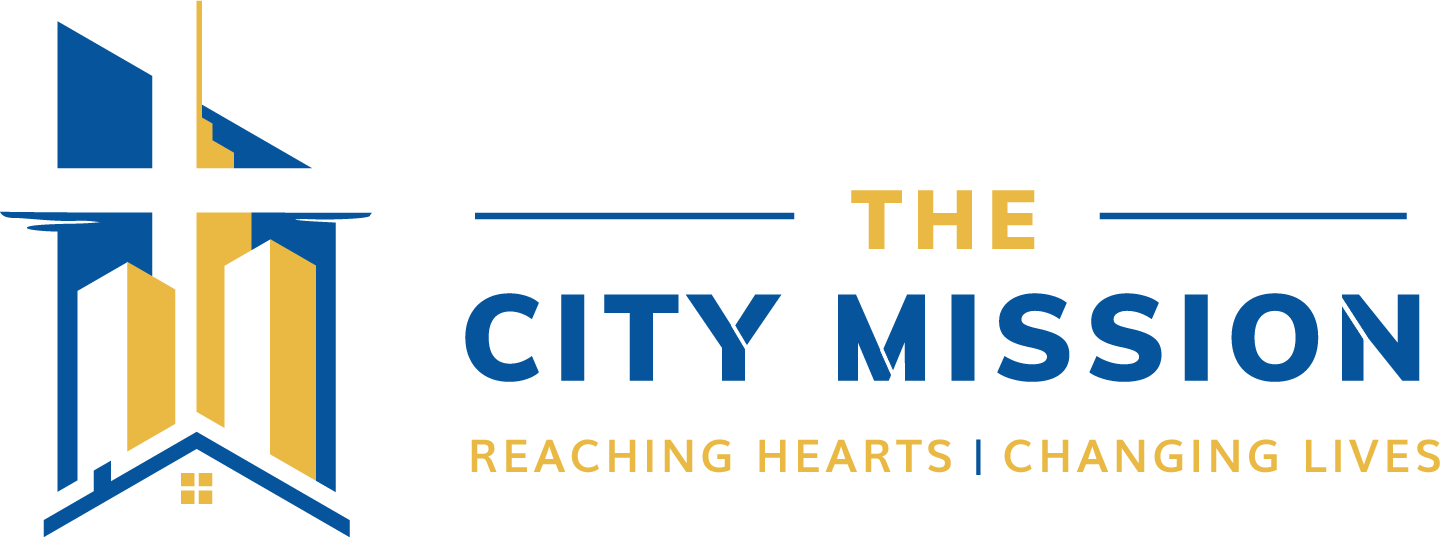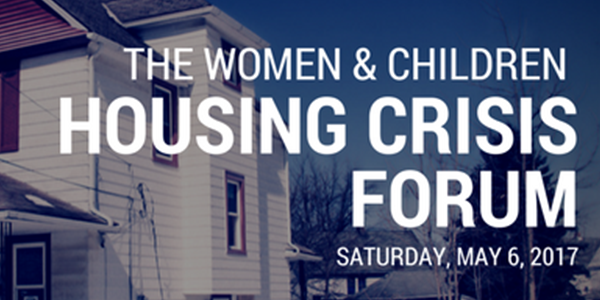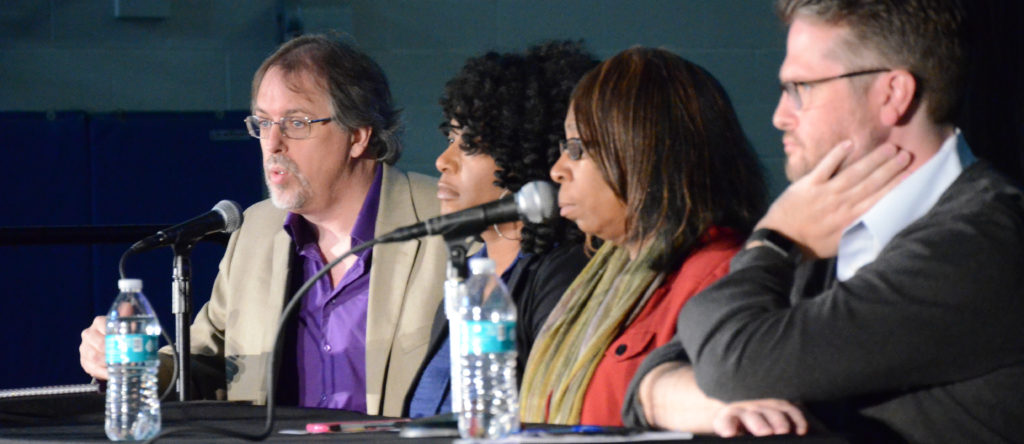The Women & Children Housing Crisis Forum Recap
There’s a common misconception that homelessness is an issue that only affects single men and women, but in reality, 41% of the homeless population is comprised of families – the vast majority of which are headed by single mothers.
This shift in the demographics of the homeless population is disturbing, because it sets multiple generations up to be trapped in the cycle of poverty.
The City Mission has had a front row seat to this shift over the past decade, and determined that it’s time to pull our community – especially the Church community – together to do something about it.
On Saturday, May 6th, the Mission held The Women & Children Housing Crisis Forum to educate and engage people on the issue of family homelessness. The invite was open to all interested community members, but was especially targeted toward local and greater Cleveland Church members. Who better to tackle this issue than those seeking to fulfill Jesus’ commands to serve the poor and oppressed?
Over 100 people answered the call to attend.
A Call to the Church – What Does God Ask of Us?
“Did not your father have food and drink?
He did what was right and just,
so all went well with him.
He defended the cause of the poor and needy,
and so all went well.
Is that not what it means to know me?”
declares the Lord.”
Rev. Rich Trickel, The City Mission’s CEO, followed worship with these words God said to Jehoikam from Jeremiah 22, as the new king was failing to protect the vulnerable in his land.
“He defended the cause of the poor and needy. Is that not what it means to know me?” This is the question the forum sought to answer – how can the Church in Cleveland better know and honor God through showing radical care to the poor and oppressed in our city?
The State of the City – Why Have a Forum?
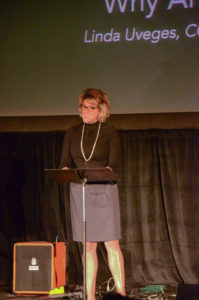
- Mothers & children are the fastest growing segment of the homeless population
- Last night every family shelter in Cuyahoga County was at capacity
- Laura’s Home receives ~50 calls a day from women who need a safe place to stay – this will reach 80+ during summer
- The Causes
- Domestic Violence
- Addiction & Mental Illness
- Incarceration
- Lack of Affordable Housing
- Affordable Housing is one of the biggest barriers to overcoming homelessness
- In OH, for every 100 extremely low-income renters, there are just 35 affordable units
- At min. wage, a single parent of 2 must work ~100 hours to afford a standard 2 bedroom apartment
- That’s equal to 2.5 full time jobs
- NEOCH estimates that 55,000 people were in need of subsidized affordable housing in Greater Cleveland in 2015
- CMHA reports 20,000 people currently on the waiting list for housing
- CMSD reported 4,048 kids identified as homeless in the 2014 to 2015 school year
- Homelessness disrupts every aspect of family life and health – physical, emotional, educational, or developmental.
Thankfully, there’s some good news as well:
- Cuyahoga County has reduced veteran homelessness by over 2/3 in the last 5 years, which provides a model for a method to reducing homelessness that works
- The County has worked diligently to provide trained tax assistance for low-income people
- We are one of the few cities that still funds and embraces homeless outreach locally
As Linda spoke, the room silently began to ask this new question – with such a large need, where could the local Church even begin to make an impact?
First, Uveges explained, the Church needs to become educated and engaged with those who have experienced homelessness in order to recognize that a one size fits all method does not work. A multi-faceted approach to the problem of family homelessness is essential, and confronting the underlying causes of homelessness that can impact multiple generations is critical to that point. Other solutions include:
- Providing emergency assistance when necessary
- Backing that up with tools & resources
- Building opportunities for long-term success
Uveges left a silent crowd with these words:
“The faith community is in a unique position to treat systemic issues that create homelessness and develop sustainable solutions for both individuals and our cities.”
A Personal Perspective
But what does complete care from the faith community look like from an individual perspective? Dr. Reuben Gobezie, a local orthopedic surgeon, shared his story of encountering local crisis and investing in transformative solutions.
He cited his experience serving alongside his family in inner city Cleveland as an eye-opening education on where the Church has fallen short.
“There is a separation between urban & suburban churches, the need and the resources, in Cleveland,” said Gobeize.
To truly break the cycle of poverty, Gobezie spoke on how important it is that churches in different neighborhoods talk with each other. What needs are present? What resources do we each have? How can we work together to provide the holistic love and care of Christ instead of crusading in small and pocketed ways that don’t lead to whole change?
Gobezie mentioned transformational models that involve whole communities, such as The City Mission’s New Horizons program. New Horizons empowers moms with kids to become homeowners through the compassionate time and financial sacrifice given by churches and families. This model allows the Church to show generosity, a mom to take responsibility and build equity, and children to see what it looks like to own your vocational, family, and financial life – all things that add up to breaking the cycle of generational poverty.
He also testified that city-wide change is possible, and that he’s seen it happen first hand in Orlando, Florida. Recently, the Orlando Sentinel put out an article titled Good News About Homelessness In Orlando. The article explains that thousands have been housed through the rallying and connectedness of churches, government and community organization efforts, with an emphasis that:
“Our responsibility to our homeless is to do more than simply get them off our streets so we feel better about community optics, but to actually give them a chance to flourish in their own God-given humanity, those who carry inherent dignity, value and worth.”
To Dr. Gobezie, bringing the Orlando movement to Cleveland means just that:
“We need to move from humanitarian service to being missionaries with anguish in our hearts for cities.”
Moving Forward
While the Church considers leaning into their mandate to help the poor, the forum provided an opportunity to ask questions of religious, secular, government, and private organizations already on the frontlines. Brian Davis of Northeast Ohio Coalition for the Homeless, Sherriea Jackson, of Westside Catholic Charities, Councilwoman Phyllis Cleveland, and Eric Morse of Frontline Services made up the expert panel of homeless and poverty alleviation advocates. Each member of the panel subscribes to unique priorities and approaches, but all have the same goal of guiding families and individuals from crisis to stability. A few of their key points included the ideas that –
- The desperation for safe shelter from women and children has grown and continues to increase
- An agreement on the deep need for affordable housing through rent or homeownership
- The need for the Church to step back in as connected providers of food, emergency and long-term shelter, mentoring, counseling, etc.
Clearly, reversing the trend in family homelessness will take a multifaceted, coordinated approach by a Church ready to step into the lives of struggling and unfamiliar people. As the crowd broke into small groups at the end of the forum to pray and discuss ideas, a sense of responsibility, camaraderie, and excitement was felt in the room. What does God have in store for this city and His people?
Rich Trickel closed the forum with a call for people to take this message and their new motivation beyond May 6th, 2017. There are plans to create a Task Force, a new group independent of The City Mission, and comprised of those ready and willing to 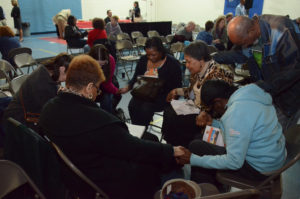
Movement on setting a first Task Force meeting date has already begun, but we’re only scratching the surface of the number of people it will take to make a difference. If you’re interested in learning more about the women and children housing crisis, sharing this information with your church or organization, or even bringing your experience to the Task Force, we’d love to hear from you. Please email BeSocial@thecitymission.org with any questions, or if you have interest in any of the calls to action below:
☐ I’m ready to commit to serving on the Task Force
☐ I’d like someone to talk more with me about the Task Force
☐ I’d like to invite someone to present this information to my organization, church group, etc.
☐ I’m committed to pray and stay informed moving forward
☐ I have skills or services I’d be willing to offer, if needed (please list)
As we move forward, the Mission will keep the community informed in more specific ways to get involved in this movement. We hope you prayerfully consider what your role could be in helping women and children recover from crisis, and move toward positive, hopeful futures. It’s time for us all to step up as “missionaries with anguish in our hearts for the city” we all call home.
Every contribution makes an impact
Reaching Hearts | Changing LIVES
The City Mission is funded entirely by private donations from people like you.
Will you provide help and hope to people in crisis today?
84¢ OF EVERY DOLLAR DONATED IS USED DIRECTLY FOR RESIDENT CARE.
